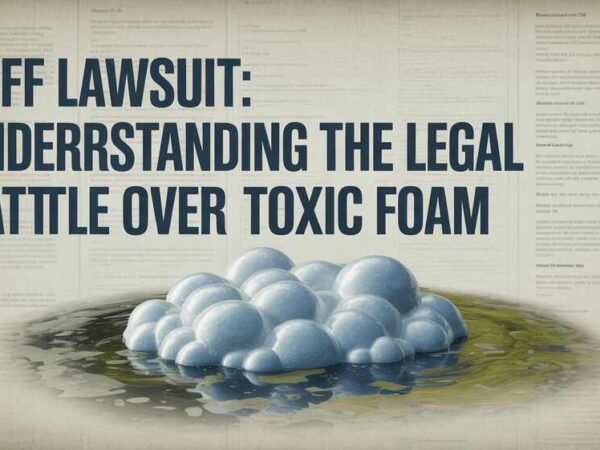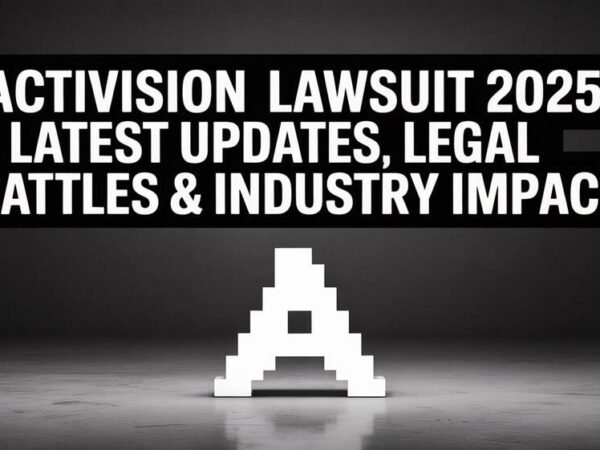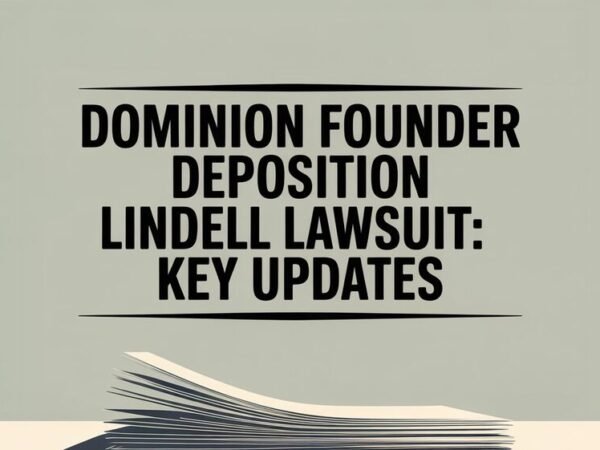Intro
The Smoothstack lawsuit has highlighted some troubling allegations against the technology staffing and training company. Former employees have accused Smoothstack of unfair labor practices, including underpayment, breach of contract, and misclassification of workers. On the other hand, Smoothstack has vehemently denied these allegations, stating that its training programs are designed to enhance participants’ skills and adhere to all legal standards. This legal battle has significant implications for the tech industry and the treatment of trainees and junior employees.
Understanding the Allegations Against Smoothstack
At the heart of the controversy surrounding Smoothstack are allegations that shed light on potentially exploitative employment tactics. Former employees have voiced their grievances, suggesting a grim narrative where they were subjected to extensive unpaid training. These individuals also highlight a troubling disconnect between the company’s promises of securing job placements and the reality they faced—promises that, according to them, often went unfulfilled.
Moreover, the issue of adequate compensation—or the lack thereof—further complicates the company’s standing, suggesting a pattern of underpayment that contradicts the expectations set at the outset of employment. These claims suggest a fundamental misalignment between Smoothstack’s professed objectives to bolster participants’ tech careers and the experience of those who have gone through their programs. These events unfolding into a legal challenge underscores a critical examination of what former employees describe as a breach of trust and labor standards, marking a pivotal moment for scrutiny and accountability within tech employment practices.
Smoothstack’s Response to the Lawsuit
In response to the lawsuit against them, Smoothstack staunchly refutes the accusations of unfair labor practices and any wrongdoing. The firm asserts that its programs are meticulously crafted to elevate the technical abilities of its participants and rigorously adhere to the stringent legal requirements governing employment and training practices. Smoothstack emphasizes its commitment to compliance and ethical conduct in all its operations, highlighting the structured nature of its training initiatives to propel participants into successful careers within the tech industry.
The company’s defense is predicated on the assertion that it operates with a clear conscience and in full observance of the law, positioning itself as a victim of misunderstanding or misrepresentation rather than a perpetrator of labor exploitation. Its rebuttal is an effort to clarify its stance, focusing on the integrity of its training programs and the lawful management of its employment practices.
Implications for the Tech Industry
The lawsuit against Smoothstack is not merely a dispute between a company and its former employees; it symbolizes a critical juncture for the entire tech sector, compelling thorough scrutiny of employment and training methodologies. The allegations against Smoothstack illuminate the potential for systemic issues within tech employment practices, particularly in how companies manage, compensate, and fulfill promises to their trainees and junior staff.
This situation underscores the necessity for tech firms to reassess their operational models, especially regarding transparency and fairness. As the case progresses, it could influence the drafting and implementation of industry-wide best practices, ensuring that the rights and expectations of employees are front and center. Additionally, this lawsuit may spur tech companies to fortify their compliance with labor laws, safeguarding against similar legal challenges and cultivating an industry culture that values and respects the contributions of all employees.
The ripple effects of this case could be far-reaching. They could usher in a new era of heightened accountability and ethical employment standards within the tech industry, thereby reshaping how companies onboard, train and advance their workforce.
The Role of Legal Oversight in Employment Practices
The Smoothstack case underscores the critical function of legal oversight in safeguarding employment standards and employee rights. Labor laws, designed to prevent exploitation and ensure equitable workplace treatment, are a cornerstone of fair employment practices. This litigation serves as a potent reminder of the necessity for adherence to these legal frameworks. The involvement of legal systems in employment disputes acts as a pivotal mechanism for accountability, compelling companies to scrutinize and reform their employment strategies.
It stresses that organizations must align with legal mandates to forestall similar disputes. The importance of such oversight is magnified in emerging sectors like technology, where innovative employment models and training programs are prevalent. This scenario emphasizes the need for a vigilant legal stance to monitor and guide the evolution of employment practices, ensuring they evolve in tandem with technological advancements while safeguarding worker rights. Through this legal lens, the tech industry is prompted to reflect on its responsibilities and the imperative of upholding the dignity and rights of its workforce, fostering a culture of respect and fairness.
Moving Forward: The Future of Tech Training and Employment
The repercussions of the Smoothstack lawsuit ripple beyond the confines of a single company, signaling a potential inflection point for tech training and employment norms across the industry. This scenario invites tech entities to conduct introspective evaluations of their training and employment schemas, ensuring they align with legal mandates and uphold ethical standards that foster employee dignity and respect.
The focus should pivot towards creating inclusive environments where training is both a tool for skill enhancement and a stepping stone towards meaningful employment, free from exploitation and false promises. The anticipated verdict could catalyze widespread reform, encouraging tech companies to adopt transparent, fair, and compliant practices. This evolution is critical in building trust with current and future tech professionals, ensuring the sector remains a beacon for innovation and opportunity. Implementing robust ethical guidelines and transparent communication channels will be crucial in this transformation, offering a blueprint for nurturing talent and promoting fair employment practices.
As we navigate this changing landscape, our commitment to these ideals will mitigate legal risks and enrich the tech ecosystem with a diverse, empowered, and engaged workforce, propelling the industry to new heights.
Also Read Interesting articles at Disboard.co.uk













